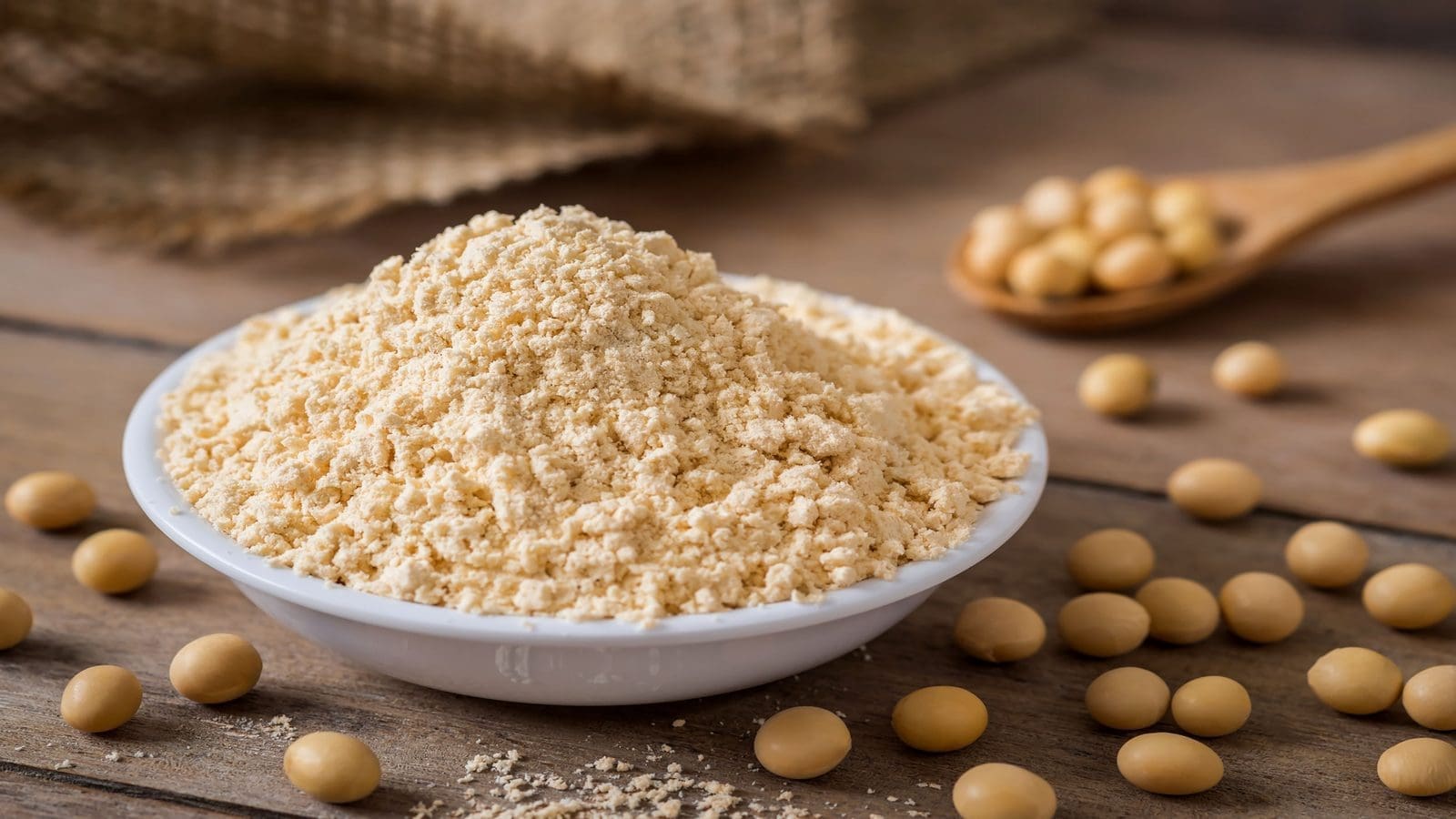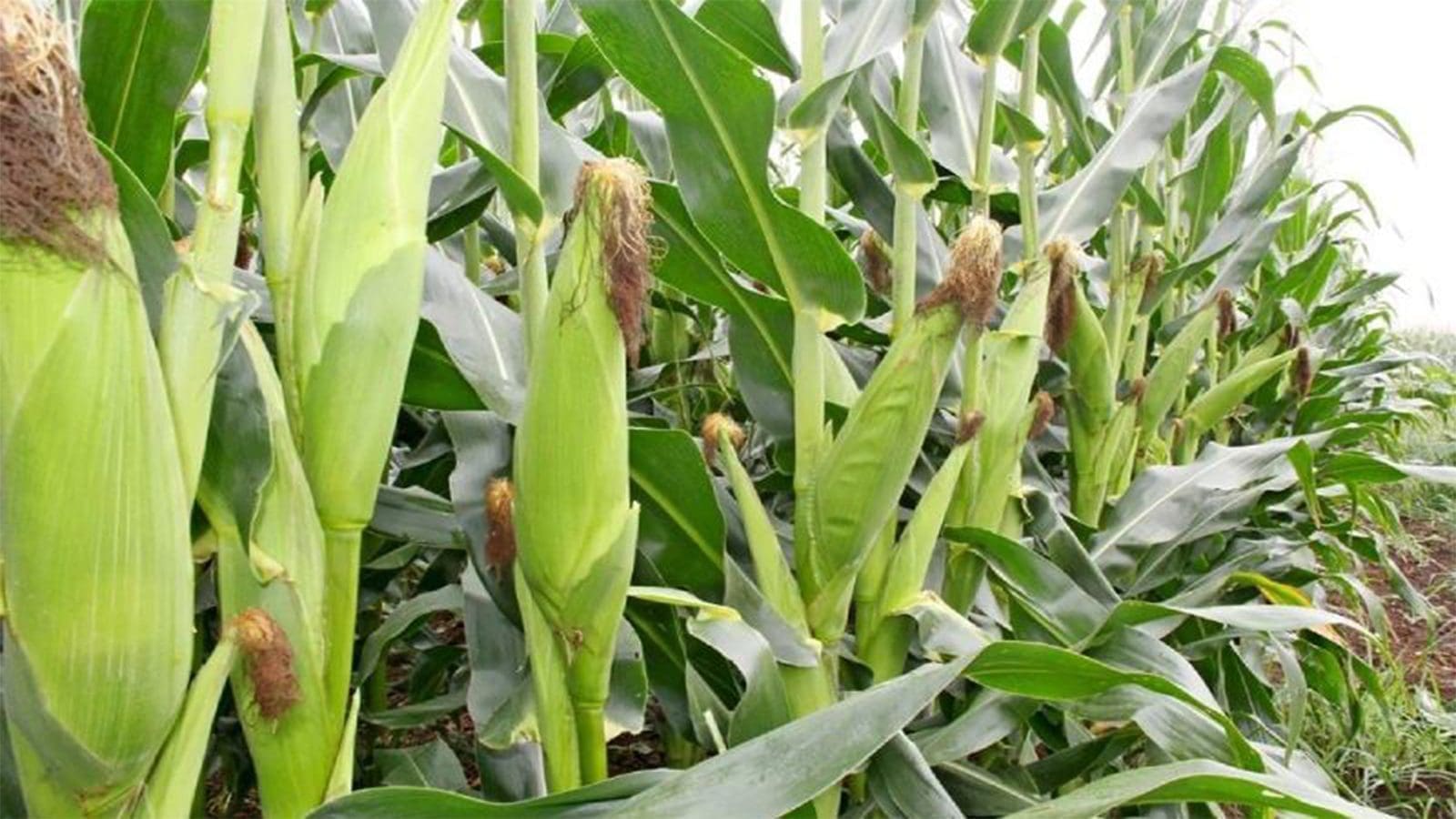USA- Leading crop protection company, Corteva Inc, and Bunge, a global commodity trader, have partnered to sustainably enhance amino acids in soybean meal for the feed industry, especially for poultry, swine, and aqua feed.
This multi-year partnership will allow the companies to develop and commercialize soybean varieties that enable feed manufacturers to use fewer synthetic additives. These varieties will also help these developers lower their production costs and shrink their carbon footprint.
Evidence from trial field research shows that Corteva’s approach will boost the protein levels in soybean and significantly increase the proportion of the essential amino acids such as methionine and lysine without compromising field and oil yields.
Lysine and methionine are limiting amino acids in plant proteins and are needed in high levels in feed, especially aqua and poultry feed. For this reason, feed supplementation with these amino acids is essential.
Today, globally, sales of synthetic methionine and lysine for feed applications exceed US$10 billion annually, and the market is likely to grow in tandem with animal protein demand.
Therefore, developing varieties that limit the need to use these additives is a sustainable way of supplementing these amino acids in feed.
“The future of food production hinges on developing new tools and technology to help farmers sustainably meet their production goals,” said Dr. Tom Greene, vice president of biotechnology at Corteva Agriscience.
Corteva’s collaboration with Bunge aligns with the commitment of both companies to provide opportunities to improve animal performance while creating better value opportunities for livestock and row crop farmers.
“Our next step is to bring the higher-protein, enhanced-amino acid profile into a commercial soybean variety that offers the best value for soybean farmers,” Dr. Greene added.
Bunge will be the exclusive processor of the oilseed and the exclusive merchandiser of the high-value meal and oil.
“As a global leader in oilseed processing, we are uniquely positioned to leverage upstream and downstream partnerships with leading and innovative industry players to unlock value for our farmers and customers,” said Kaleb Belzer, vice president of protein ingredients at Bunge
Belzer added that enhancing methionine and lysine in soybean naturally will make soybean meal an excellent ingredient for feed customers, allowing them to potentially stop using expensive synthetic additives and cut the carbon emissions associated with those supply chains.
Canola collaboration with Chevron
Bunge and Corteva have also partnered with Chevron U.S.A. Inc., a subsidiary of energy giant Chevron Corp., to introduce proprietary winter canola hybrids that produce plant-based oil with a lower carbon profile.
The partners said the goal is to increase the availability of vegetable oil feedstocks, especially for the growing domestic renewable fuels market and will introduce the winter canola crop into the southern United States to create a new revenue opportunity for farmers with a sustainable crop rotation.
“As a leader in oilseed processing, we are pleased to work with Corteva and Chevron to bring this crop innovation to farmers and process it into sustainable solutions for consumers,” said Gregory A. Heckman, chief executive officer of Bunge.
Other partnerships for new soybean varieties
Meanwhile, a strategic collaboration between Texas Crop Science (TCS), a developer of sustainable crop yield traits, and GDM Seeds Inc., a plant genetics firm will see the development of higher-yielding soybeans that can withstand a variety of weather-related conditions.
“Soybeans provide the foundation of the world’s protein supply, and the twin challenges of global demand for protein and climate instability create stress on the soybean production system,” said Simon Hiebert, chief executive officer at TCS.
The two partners bring features with three-fold benefits to the soybean value chain. TCS brings groundbreaking yield trait technology, and GDM is a world-leading player in plant genetic innovation and development.
The collaboration will create a stream of soybean products that will benefit farmers with increased and climate-stable yields, benefit consumers through increased global food security and reduce the environmental impact that features in the current value chain.
The place of genetics in agriculture, in this case, soybean production, is essential, and according to GDM, 40% of planted soybean acres in the world contained GDM genetics in 2022.
For all the latest food industry news from Africa and the World, subscribe to our NEWSLETTER, follow us on Twitter and LinkedIn, like us on Facebook and subscribe to our YouTube channel










